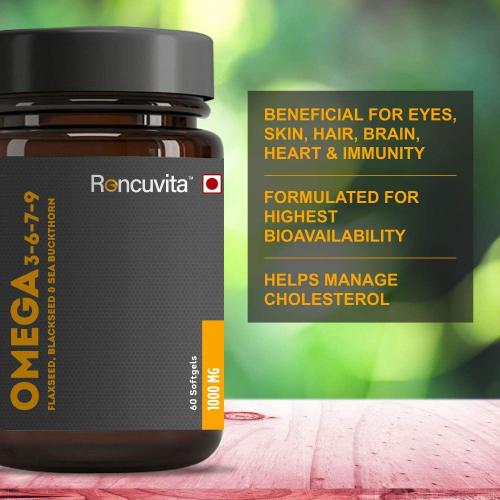Advancements in Nutrition and Nutritional Therapy

The omega series (primarily omegas 3, 6, and
9) fatty acids have been intensively studied and recognized for their primary
and secondary roles in many biochemical reactions and health parameters.
Depending on the specific form and the animal in question, the omega series
fatty acids are often considered essential as the body must obtain either their
precursor or final form from the diet.
For example, docosahexaenoic acid (DHA) and
eicosapentaenoic acid (EPA), also known as the “fish oils,” are considered truly
essential to domestic cats who cannot convert these fatty acids from the
plant-based precursor α-linolenic acid (ALA). As a general rule the more
herbivorous the animal the better its conversion from ALA to DHA and/or EPA.
The converse is true of carnivorous animals who are generally poor converters.
Omega-6 series fatty
acids (linoleic acid [LA] is the principle physiologic form and comes primarily
from plant-based sources and plant-eating animal tissue) often have opposing
functions to omega-3 series fats. Omega
9 series fatty acids (including oleic acid and erucic acid) commonly come
from plant oils and animal fat. Omega 9 fatty acids are often not
considered essential because many animals can construct these fats from
unsaturated fat. Studies on omega-3 and omega-6 fatty acid supplementation are
extensive in mammals.
Additionally, there
are numerous studies on both fatty acid types in birds, primarily in poultry
species. The value and role(s) of omega 9 fatty acids in birds have yet to be
clearly defined.
Omega series fatty acids are most often listed
by their form (e.g., ALA, DHA, LA) and in milligram amounts. Serving size
and/or dose recommendations are often included. These fatty acids may be
packaged in gel capsules (preferred form for stability reasons), gel sticks,
dry powder, pump and pour-on bottles, and more. DHA and EPA are highly unstable
and currently best kept in gel capsules. All fatty acid supplements should be
stored in dark cool locations and in tightly sealed bottles or capsules to slow
oxidation.
With some exceptions,
most studies on fatty acid quality pertain to contaminants. In particular,
persistent organic pollutants (POPs) are of greatest concern as these toxic
compounds bioaccumulate and biomagnify in animal tissues, particularly marine
species. While plants can also contain POPs, these organic compounds are
typically deposited on the leafy portions of the plants and are not
bioaccumulative and do not magnify as is common with predator species.
POP exposure is
associated with a host of problems including endocrine disruptions; cancer; and
neurobehavioral, reproductive, and developmental disturbances in humans and
animals. Contamination with polychlorinated biphenyls, organochlorinated
pesticides, polybrominated diphenyl ethers, pristine, squalene, unresolved
complex mixtures, aryl hydrocarbon receptor agonist (digoxin-like),
polychlorinated dibenzo-p-dioxins/furans was noted in a number of studies of
fish oils and omega
3 fatty acid supplements. In 2004 ConsumerLab, an independent
reviewer of nutraceuticals, reported that 6 of 20 omega-3 fatty acid products
did not contain the label-stated amount of one or more essential fatty acids.
The website stated
“two of the products that failed made claims on their labels that their
‘potency’ had been ‘tested’ or ‘verified’.” In a 2014 revised review of 30
omega-3 fatty acid supplements, ConsumerLab reported that five
products failed to meet basic quality testing.
Post Your Ad Here
Comments